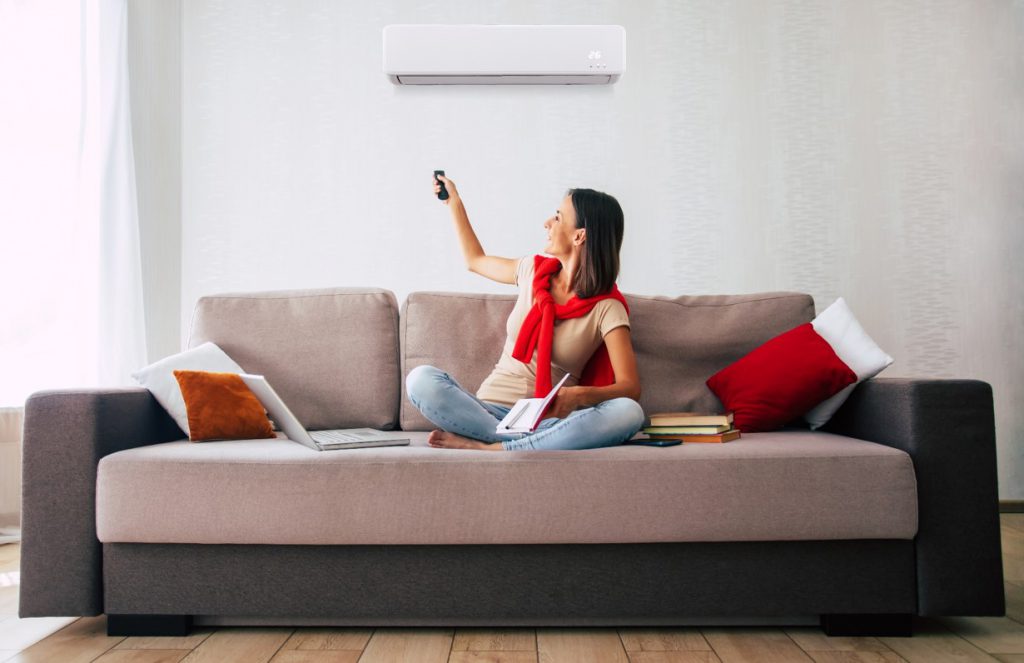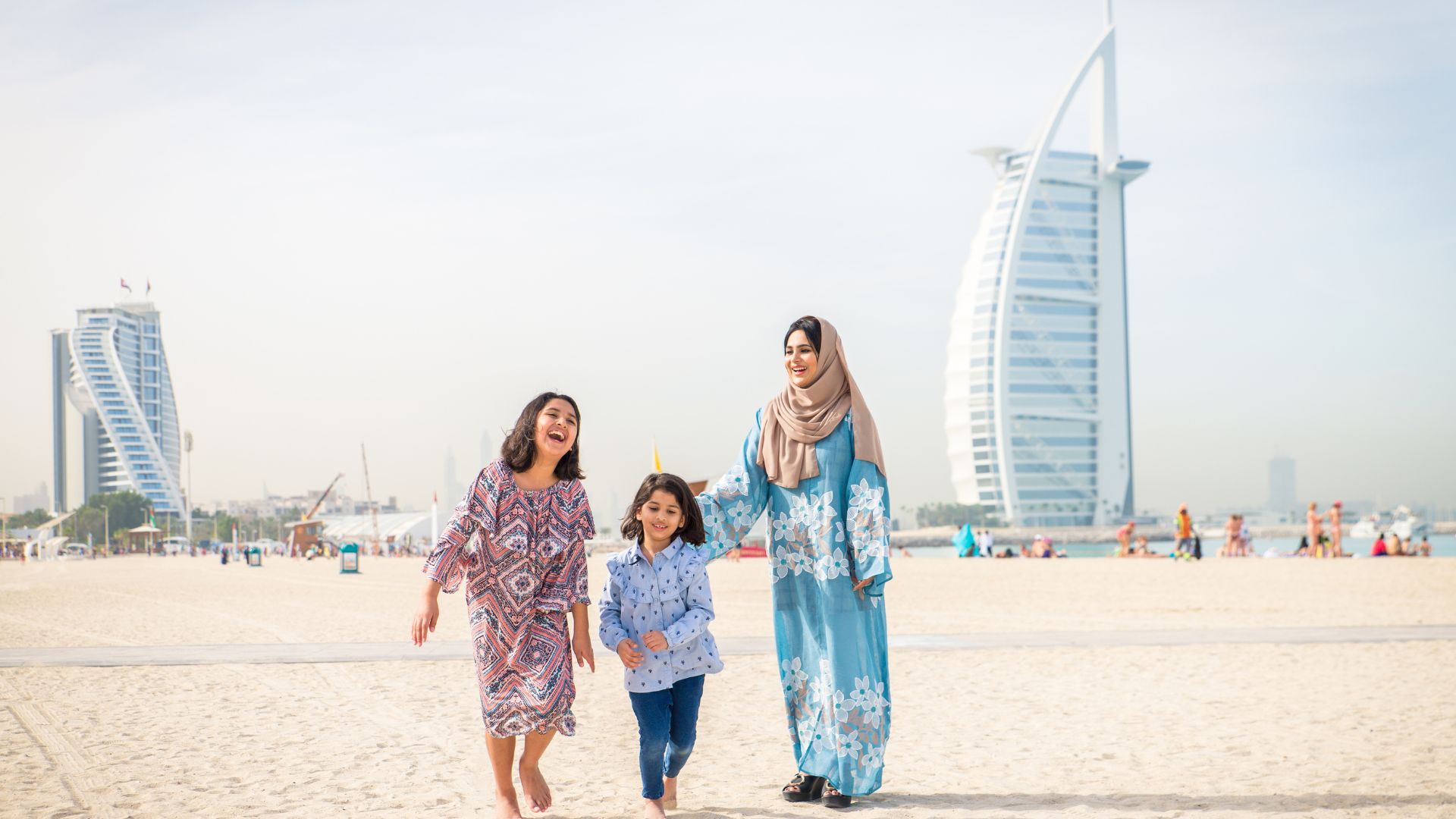Dubai is a vibrant metropolis that attracts people from across the globe because of its multi opportunities, world-class lifestyle, and secure environment. It’s a popular place to live for single professionals, couples, and families alike.
But before deciding to move to Dubai, people need to know the cost of living in the city. Fortunately, Dubai is a place where residents can live an affordable or lavish lifestyle, whichever they choose!
Today, we look at Dubai’s basic cost of living, including housing, utilities, groceries, schools, and more!
VARIOUS EXPENSES IN DUBAI
- Housing
- Transportation
- Utilities
- Groceries
- Healthcare
- Schools
- Entertainment
To assist you in planning and creating a budget for your new life in Dubai, we will break down the most typical living expenditures in this post.
Out of these, housing, groceries, and utilities are direct expenses that make up much of your Dubai life cost. The secondary expenses include transport, schooling, entertainment, and healthcare. Before we analyze each category of Dubai expenses, it is vital to remember that these costs can change considerably depending on your personal preferences and lifestyle choices.
Housing

Housing is one of the most significant costs to consider when analyzing Dubai’s average cost of living. The property market in Dubai is renowned for its enormous variety. Everything from grand villas to cozy studio flats caters to various budgets.
Your budget range of expenses for rent will depend much on where you choose to reside. If you’re looking for apartments for rent in Dubai, you can find a wide range of options available in various neighborhoods and price ranges. For example, the yearly rent for a studio apartment is around AED 85,000 in Downtown Dubai but could be AED 40,000 in a more affordable community like Jumeirah Village Circle.
Transportation

Several public transport options are available in Dubai, including the metro and buses. A monthly pass for the metro in Dubai costs around AED 350 (~ 96 USD), and a single ride on the bus costs between AED 4 and 8 (~ 1-2 USD). The cost of living in Dubai will also include your commuting costs. Monthly expenditure for your transport will depend on the duration and frequency of your commute.
Petrol prices in the UAE are comparatively lower than in other parts of the world. For those who want to save money with public transport, Dubai is connected by a network of public buses, taxis, ferries, and the Dubai Metro.
Utilities

Utilities, including basic utilities and essentials like a phone plan, can add up, so it is important to budget for them. Their cost will depend on several factors like your usage or the size of your accommodation.
Groceries

Another essential aspect to consider for the cost of living in Dubai is groceries. Many supermarket chains in Dubai stock food items from around the world. Your lifestyle and food preferences can significantly impact your monthly grocery bills.
Healthcare & Insurance

All residents in the UAE must have health insurance. If a company is sponsoring you in Dubai, they must provide you with health insurance; in many cases, this insurance extends to your family.
However, if you are on an investor visa or are not offered health insurance for any other reason, you must purchase a health insurance plan from one of the many providers in Dubai. Medical insurance premiums will vary depending on the coverage, with Essential Benefits Plans starting from AED 600 per year. In contrast, an individual’s comprehensive medical coverage can cost around AED 5,500 annually.
If you employ a housemaid, you must provide them with medical insurance, typically under the Essential Benefits Plan.
Schools

If you’re moving to Dubai as a family, school fees are likely a significant concern. We’ll lay out your options and average school fees to help you budget accordingly. You need to consider school fees when calculating your cost of living in Dubai with your family. Schools in Dubai offer different curricula, with the British, American, Indian, and IB being the most popular.
In Dubai, you’ll have the option to choose between public and private schools. Since 2001, expats in Dubai have been allowed to attend public schools. While public schools are free for Emirates; however, ex-pats are charged fees. Private schools are often more expensive for expats than public schools; however, they offer an international curriculum.
Entertainment

Some popular leisure activities include visiting the many malls and shopping centers around Dubai, going to the beach, visiting theme parks, and going out to eat. Dubai has a plethora of diverse attractions with a wide range of prices. You can still find fun and affordable things to do across the city within your budget. Residents in Dubai will find an abundance of attractions and activities in the city to try, from fine-dining restaurants and IMAX cinemas to extreme sports and world-famous tourist attractions! And there is never a dull weekend in Dubai.
What is the Average Cost of Living for Families, Singles, and Couples in Dubai?
- Average Cost of Living for Singles
The basic cost of living in Dubai for a bachelor range from AED 3,400 to AED 5,000. Regarding housing, 1 Bedroom Apartments for rent in Dubai and studios are popular for bachelors in Dubai. Prices for renting a studio in Dubai can vastly differ based on the area.
The monthly utility bills in Dubai for a single person living in a studio will range between AED 800 – AED 1,200. This includes DEWA, mobile plan, the internet and TV. For groceries, the monthly bills in Dubai can be as low as AED 550.
Expenses that can add up to the cost of living for 1 person in Dubai include transportation, which starts at AED 350 for a monthly public transportation pass. For singles who want a car, getting a Dubai driving license and fuel will add to their total cost of living in Dubai.
- Average Cost of Living for Couple
The minimum cost of living in Dubai for a newly married couple can be anywhere between AED 4,900 – AED 10,200, depending on their lifestyle.
For housing, 2 Bedroom Apartments for rent in Dubai were also affordable, depending on the area.
- Average Cost of Living for Family
The cost of living in Dubai for a family of 4, the basic cost ranges between AED 12,200 – AED 23,000.
To cut down on housing fees in Dubai, families can opt for 2 and 3-bedroom apartments in the more affordable parts of the city. Families living in a 3-bedroom villa in Dubai can expect to pay around AED 2,200 – AED 3,700 for basic utilities. This figure will increase if you have a private garden, especially a private pool. Shopping at premium retailers can increase the monthly cost of groceries in Dubai to around AED 3,000 or more.
What Is the Minimum Cost of Living in Dubai?
The minimum cost for a single person in Dubai would be around AED 6,000 per month to account for any unexpected expenses. There might also be additional expenses, depending on your lifestyle. For example, the cost of living in Dubai for an Indian family would be different from that of a British family based on the supermarkets they shop from, the schools their kids attend, the areas they live in, the size of their family, and their general lifestyle preferences.
We hope this article helps you get an approximate idea of what life in Dubai is like! Share this article and spread your love.
NOTE: The price ranges are subject to change.

FREQUENTLY ASKED QUESTIONS
This largely depends on your lifestyle, priorities, and how you manage your Dubai life costs. A single person can comfortably live in Dubai with a salary of AED 6k to AED 10k. Besides that, living in Dubai on a budget is possible if you make conscious pocket-friendly choices.
Given that you meet the requirements, you can opt for the remote working visa in Dubai to live without a job in the emirate.
The average rent for housing in Dubai dramatically varies from one area to another. You can find apartments for rent here for as low as AED 15k per annum and as expensive as AED 3M per year. Rental prices depend on the area you live in, the property type, and the configuration.









